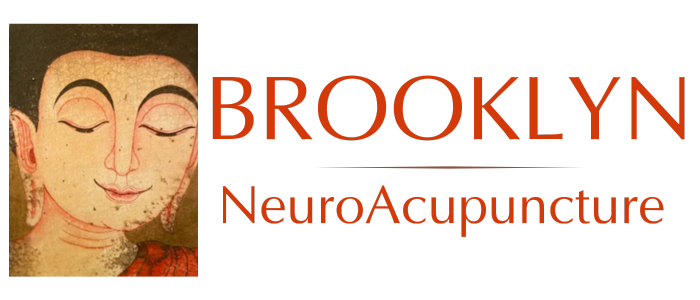MEDICATIONS THAT IMPACT FEMALE AND MALE FERTILITY
The interaction between our brains and reproductive organs is what actually controls our menstrual cycle and hormonal levels; so it’s not surprising that certain medications can adversely affect the it’s communication and our fertility. Below is a list of common medications that temporary adversely affect your fertility.
For Women:
• Anti-histamines: cough medicines are designed to dry up mucus secretion but they can’t distinguish between the healthy cervical mucus or the nasal phlegm
• Antihypertensive medications: can raise prolactin levels and interfere with ovulation
• Steroids : in high doses, such as cortisone and prednisone most commonly found in inhalers, can prevent your pituitary from releasing enough FSH and LH for normal ovulation
• Anti-depressants: lowers libido and may affect ovulation
• Tranquilizers and anti-seizure medications: can increase prolactin levels
• Anti-malarial’s: have been linked to fetal abnormalities. They should be clear from your system for up to 3 months prior to conception
• Diuretics: can effect cervical mucus secretion
• NSAID’s: heavy use can interfere with ovulation
• Acne treatments: the prescription drug Accutane is contraindicated; linked to fetal abnormalities
• Thyroid medications: crucial to get the right balance, too little or too much can reduce your chances of conceiving
• Cancer treatments: chemotherapy and radiation therapy can damage a woman’s eggs or cause premature ovarian failure
For Men
• Anti-depressants lowers libido and may decrease sperm counts and motility
• Steroids: including anabolic steroids ( used by athletes for increase endurance) can lead to decreased sperm volume and increase in abnormal sperm, as well as ED and atrophy of the testicles
• Antihypertensives: can cause erectile dysfunction
• Antibiotics: some varieties affect sperm production
• Testosterone Hormone Replacement therapy: men who use replacement therapy for low testosterone may not produce sperm
• Sulfasalazine: used to treat inflammatory disease such as ulcerative colitis and rheumatoid arthritis, and lowers sperm count
• Cancer treatments: chemotherapy and radiation treatments can damage ability to produce sperm
• Anti-depressants: some types can cause erectile dysfunction or difficulty ejaculating
Consult your physician to determine if you can stop or switch medications. Also if appropriate, consider doing natural herbal treatments or acupuncture in place on certain medications.
